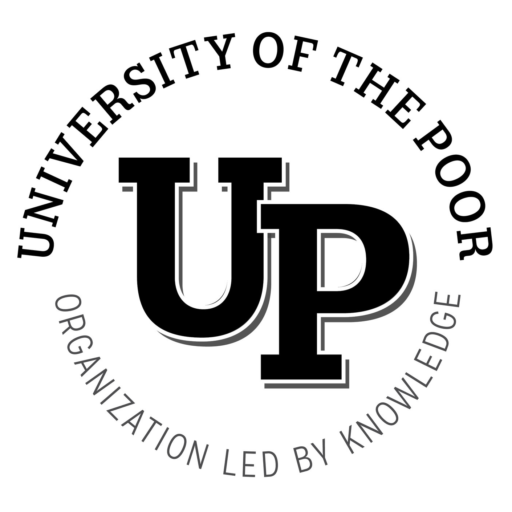November 7, 2017 marked the 100th anniversary of the Russian Revolution. This revolution is significant because it was the first time in history that the property-less, the most oppressed and exploited people of a country, seized and held political power for an extended period of time. That political power was used to seize the wealth and property of the capitalists and landowners who had been driving the people of the Russian empire into semi-slavery. Those of us who possess nothing, and are forced to fight every day just to survive, look to the lessons of the Russian Revolution and other instances in history where the poor have risen up in revolution and won political power. The poor have made history in the past. We need to study that history and use what we learn to make history again.
We can see how the early Russian revolutionaries prepared themselves and participated in the revolutionary process in Russia. Prominent historical figures like Plekhanov and Lenin studied how and why societies change. They studied the economic and political history of Russia and Europe. These leaders linked this study with close connections to and participation in the struggles of the oppressed and exploited in Russia. For revolutionaries in the U.S., studying these events and applying the principles of revolution to our new, current situation can help us to be victorious.
Successful revolutions throughout history have demonstrated that the revolutionary process unfolds through definite stages of development. When we look at the history of the Russian revolution we can see how it was necessary to develop strategy and tactics for each stage of the revolutionary process. Without a deep knowledge of the objective conditions of the particular stage, revolutionaries cannot develop tactics that keep them on the correct strategic path forward in the struggle for political power. We need to know when it is possible to advance and when it is necessary to retreat. At each stage increasing numbers of fighters join with and expand the “cadre” core of leaders in the revolutionary organization. Without knowledgeable, class-conscious fighters, and the forging of a revolutionary organization, our class remains defenseless.
Today, we revolutionaries face qualitatively different conditions than our sisters and brothers in history. The extreme internationalization of capitalist production and distribution has forced the property-less of all countries into battle with a powerful international enemy. Revolutionaries in various regions of the world are beginning to cooperate and coordinate their efforts in new ways. We are no longer facing a situation where it is only the “advanced, imperialist” countries that are dominating and exploiting the “backward, colonial and neo-colonial” countries. The class struggle that is emerging is one of a destitute, property-less class within all the countries of the world facing an international capitalist class.
In the United States the application of the most advanced technologies to the productive process is causing the working class to undergo a qualitative transformation. The use of robotics, artificial intelligence, big data, etc. is changing the relation of people to the work place. While people sometimes work in traditional employment, for the most part the laboring class no longer has the same relation to the capitalist system of production. We move in and out of employment and find ourselves working in the illegal or semi-legal underground economy or facing permanent unemployment.
These objective conditions are beginning to become clear. An objective, spontaneous movement is emerging to end poverty and the oppressive conditions our class faces. This demands that an organization of revolutionaries leaders is developed that understands the path forward to seizing political power and can ensure the unity of our movement. However, many activists, including revolutionaries, have become disoriented. Because of these subjective factors and the current objective conditions, we find ourselves on the strategic defensive. Our enemy is clear on these new conditions and what they must do to remain in power. At this point we cannot out-organize or out-maneuver this enemy. Our strength is to rely on the leading fighters and new forms of struggle that are emerging as the objective economic crisis of capitalism continues to develop.
By learning from the Russian Revolution and other revolutions in history, we can master the strategy and tactics of revolution, and rally our class around a program that puts us on the path to political power. The aim of the revolutionary process is the abolition of private property and the distribution of all that is produced according to what people need. Today this is a world wide revolutionary historical process.
